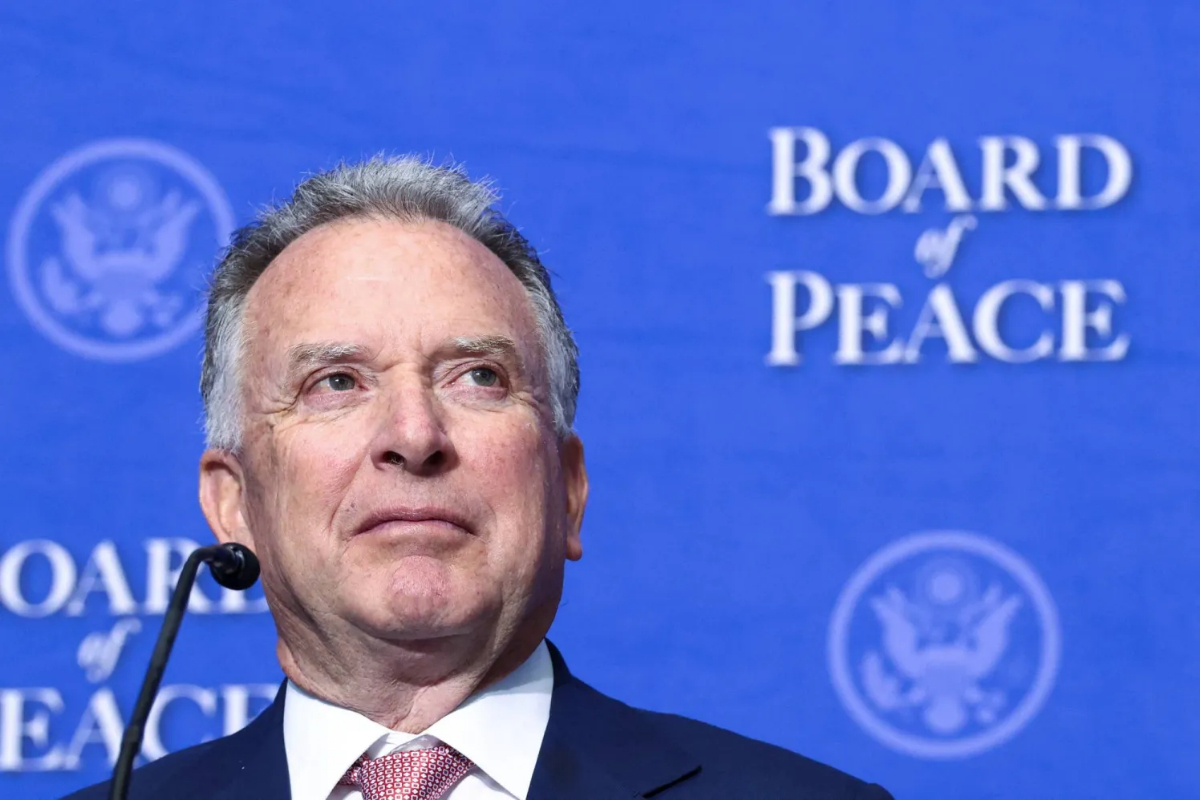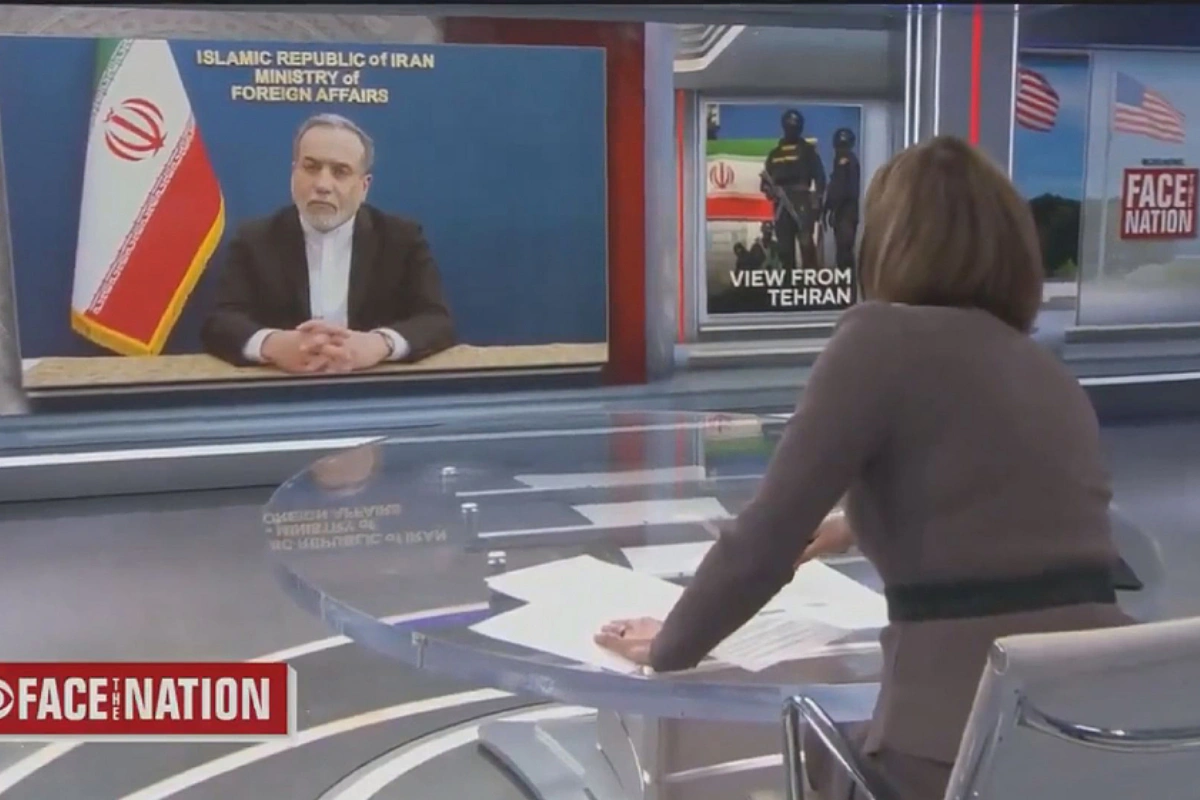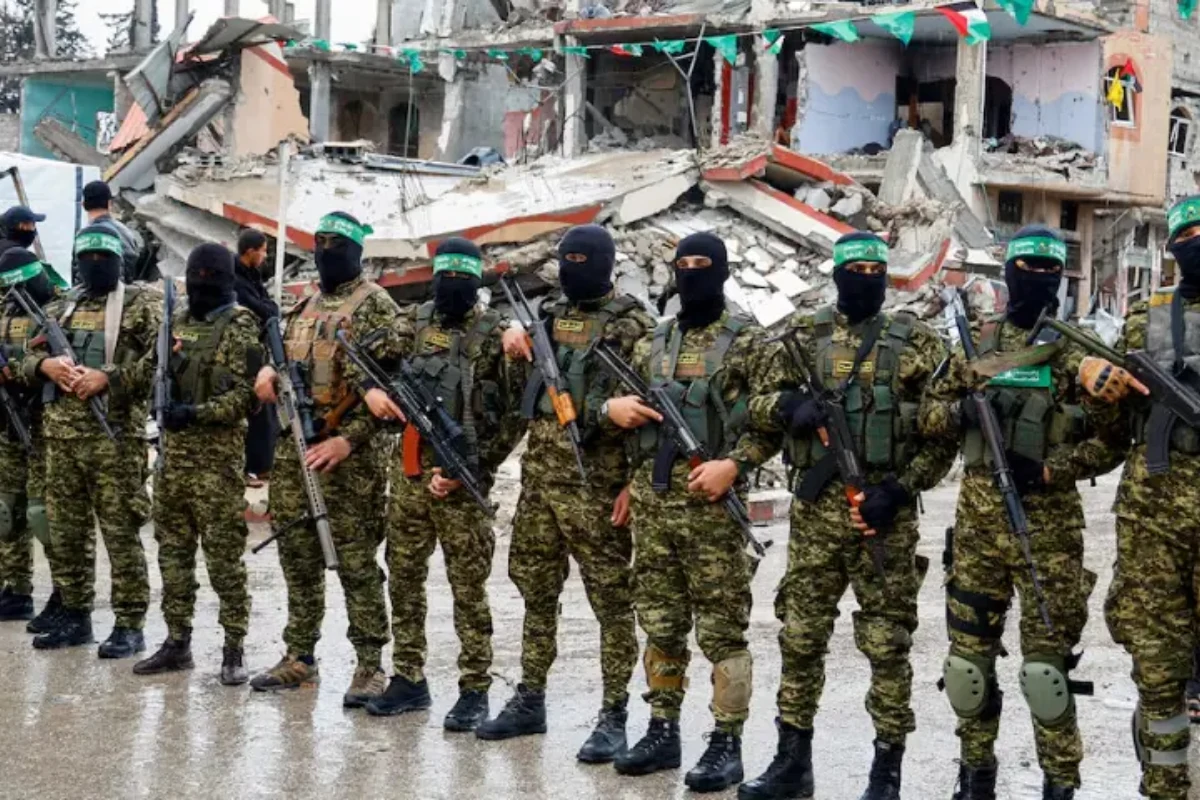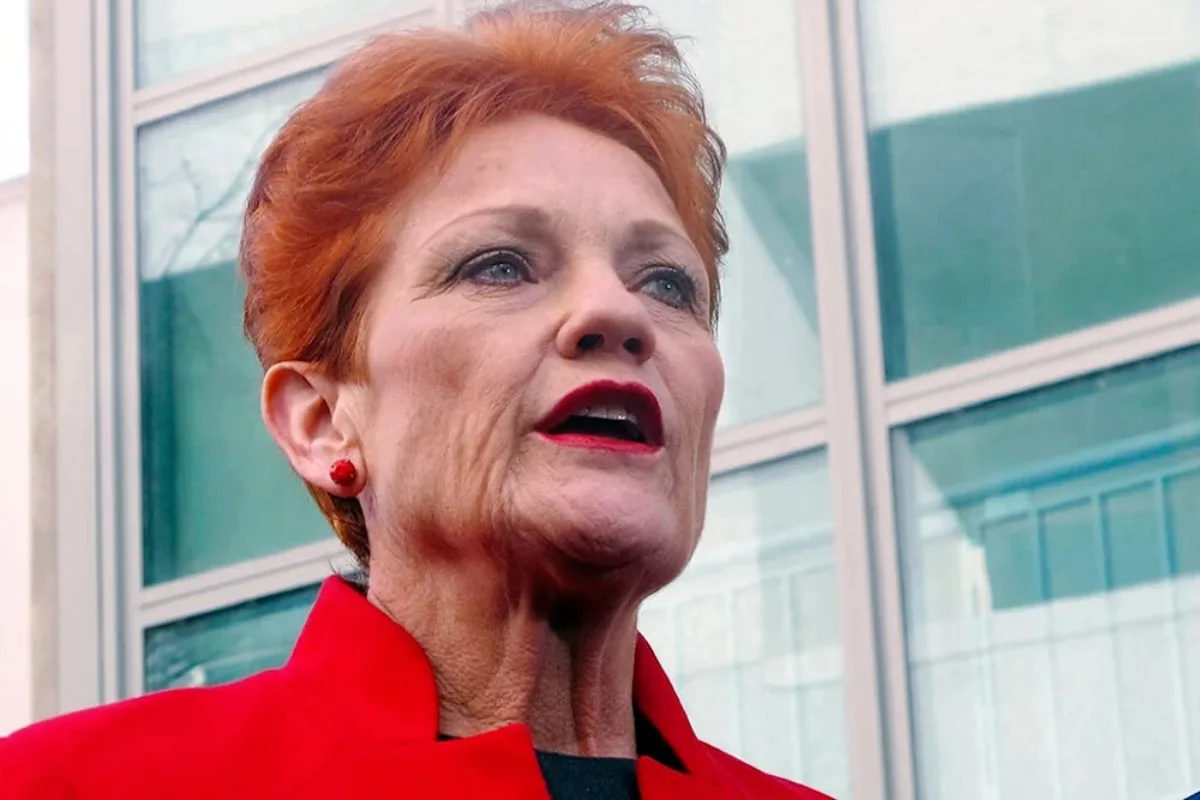Farmer’s Son Caught in Political Crossfire: Has India’s Vice President Been Forced to Resign?
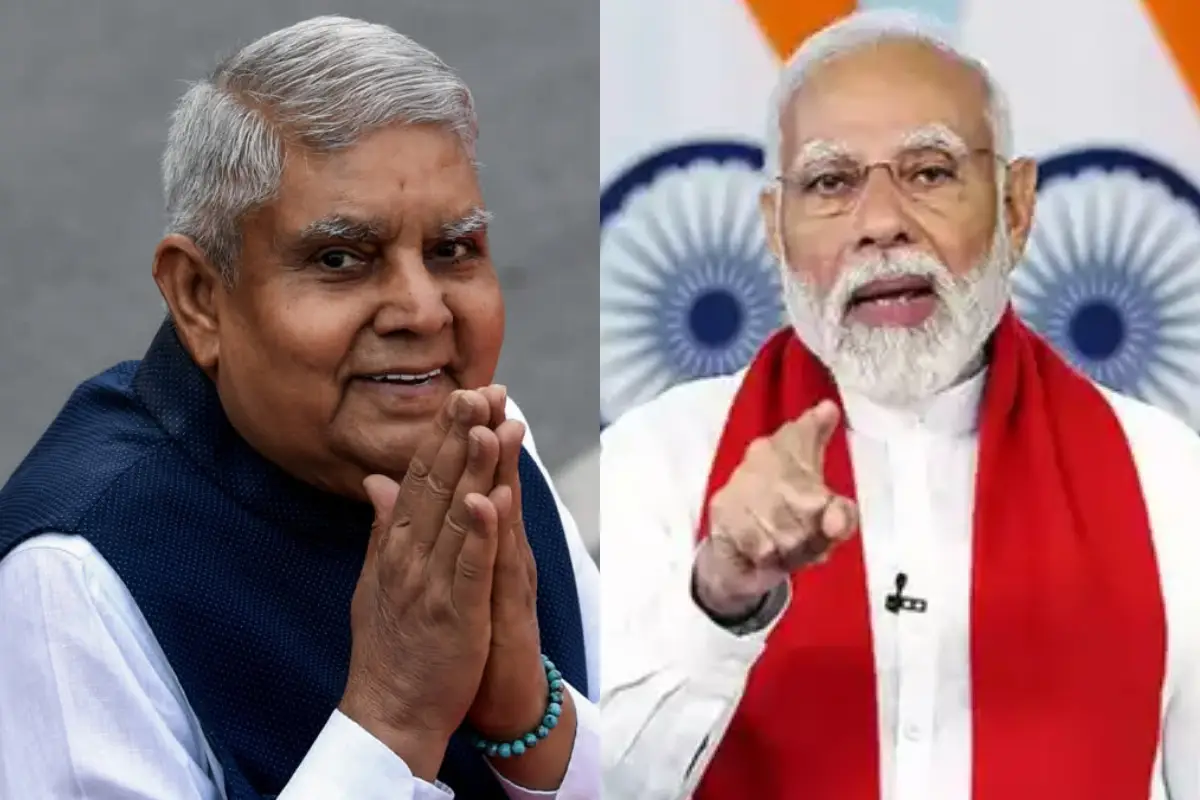
Farmer’s Son Caught in Political Crossfire: Has India’s Vice President Been Forced to Resign?
In a surprising development, Jagdeep Dhankhar, the Vice President of India and a member of the Jat community—affectionately called the “son of a farmer” by Prime Minister Narendra Modi—has been forced to resign from his position.
While official statements cite “medical reasons” for Dhankhar’s sudden resignation, political analysts suggest that it is the outcome of an intense power struggle within the Bharatiya Janata Party (BJP).
Dhankhar’s political journey is notable: rising from a farmer’s son to the country’s second-highest constitutional office, he has shifted allegiances several times—starting with Janata Dal, moving to Congress, and finally joining BJP where he openly supported Modi’s policies. Yet, despite his loyalty, it was not enough to secure his position.
Experts view Dhankhar’s resignation as part of a broader “power reshuffle.” Several influential BJP leaders are eyeing the Vice President’s post, which holds significant constitutional power as the Chairman of the Rajya Sabha. The concern is that if a Vice President is elected who acts independently of party directives and blocks BJP bills, it could disrupt the legislative process in the coming years.
A key figure emerging in this context is Manoj Sinha, the Lieutenant Governor of Jammu and Kashmir. Sinha, who accepted responsibility for the security lapse after the Pahalgam attack, is seen as a senior and experienced BJP leader with an impressive tenure as former Railway Minister. Belonging to an upper caste from Uttar Pradesh, Sinha is also viewed as a political rival to UP’s Chief Minister Yogi Adityanath.
Yogi reportedly does not want Sinha to return to Uttar Pradesh politics. In this scenario, the Vice President’s seat offers Sinha a “comfortable yet influential” role. This has led to speculation that this political calculus may have contributed to Dhankhar’s removal.
The power dynamics within BJP are further complicated by major leaders such as JP Nadda, Rajnath Singh, Nitish Kumar, and Yogi Adityanath themselves, who are reportedly contenders for the Vice President’s post. If Sinha is appointed, it could elevate his political standing to rival or surpass Yogi’s influence, potentially reshaping the party’s internal balance of power.
Public questions have also been raised regarding the justification for Dhankhar’s resignation on grounds of his age (75 years) and heart problems. Critics ask if the same age criterion will apply to Prime Minister Modi, who will turn 75 next year. Is the BJP using “age” as a tool for political cleansing?
This resignation is more than a personal exit; it reflects a silent but intense political battle within the BJP. The outcome of the Vice President’s office will significantly influence the party’s political balance in the near future. Currently, BJP’s political landscape appears unstable and uncertain as it navigates this transition.
Catch all the World News, Breaking News Event and Trending News Updates on GTV News
Join Our Whatsapp Channel GTV Whatsapp Official Channel to get the Daily News Update & Follow us on Google News.


